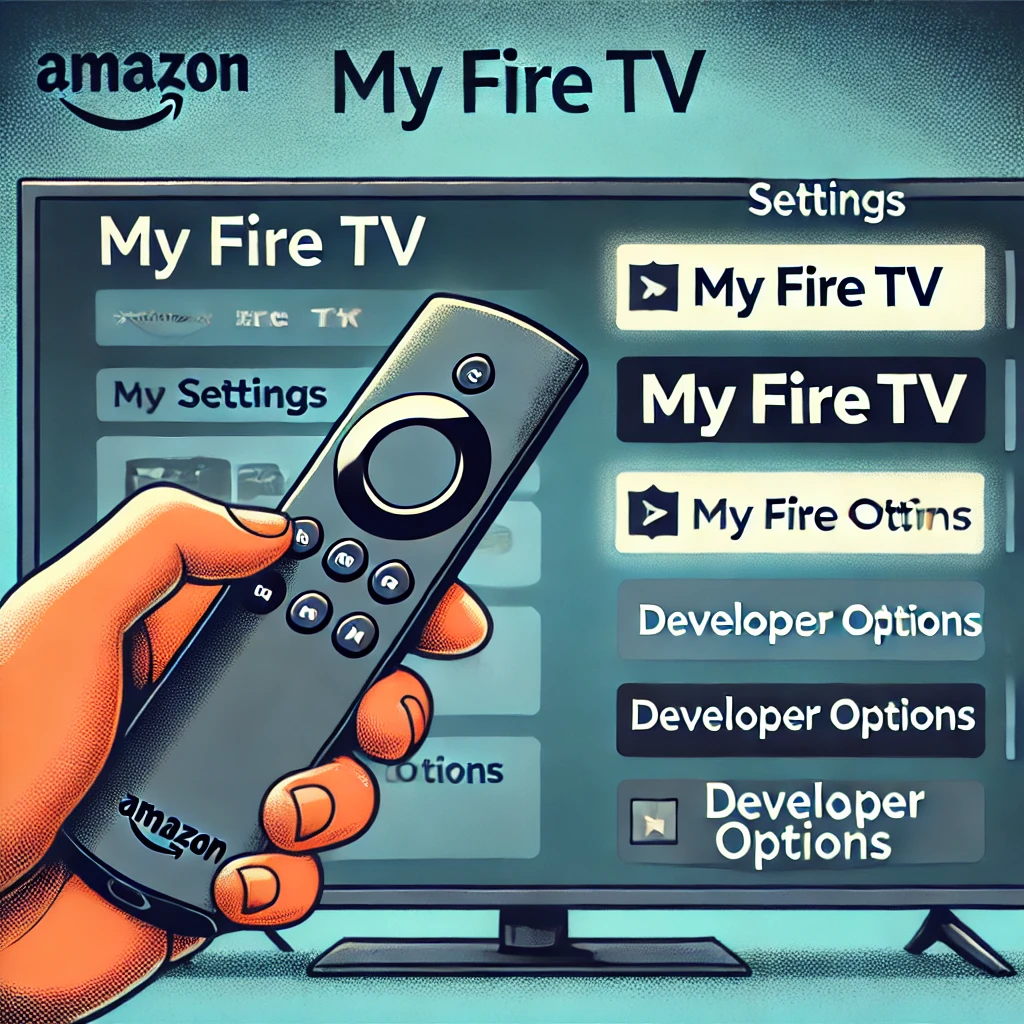Why Online Marketing Is More Important Than Ever
In today’s digital-first world, online marketing has evolved from a nice-to-have into a must-have. Regardless of industry or company size, businesses that want to stay competitive and reach their customers effectively must embrace a solid digital marketing strategy.
But what does online marketing really mean? Which channels are most effective? And how can they be used to drive measurable success?
What Does Online Marketing Include?
Online marketing refers to all strategies and actions used to promote products, services, or brands over the internet. The goal: expand visibility, attract new customers, and increase sales in a sustainable way.
Core elements of online marketing include:
- Search Engine Optimization (SEO)
- Search Engine Advertising (SEA / Google Ads)
- Social Media Marketing (e.g. Instagram, TikTok, LinkedIn)
- Email Marketing & Automation
- Content Marketing
- Affiliate & Influencer Marketing
- Web Analytics and Conversion Tracking
The Most Effective Channels and Methods
1. SEO – Ranking Organically on Google
SEO focuses on improving your website’s position in organic search results. This includes optimizing content with keywords, improving technical performance, and earning backlinks from reputable sites.
2. SEA – Paid Search for Immediate Visibility
With Google Ads, you can place your site directly at the top of search results. This brings instant traffic but requires an ongoing budget to maintain visibility—making it best when paired with long-term SEO.
3. Social Media Marketing
Platforms like Instagram, TikTok, Facebook, and LinkedIn are ideal for building relationships, telling your brand’s story, and engaging with your community. The type of content and tone should be tailored to each platform.
4. Email Marketing
Whether through newsletters or automated sequences, email remains one of the most effective tools for lead nurturing, product launches, and customer retention—especially when messages are personalized and relevant.
5. Content Marketing
High-value content is at the heart of every successful digital strategy. Blog articles, explainer videos, webinars, or downloadable guides can position your brand as an expert and earn trust over time.
6. Analytics & Optimization
Success in online marketing comes from continuous improvement. Tools like Google Analytics provide data on user behavior, helping you refine campaigns and increase conversion rates efficiently.
Who Should Use Online Marketing?
The short answer: everyone. Online marketing is flexible, scalable, and highly targetable—making it ideal for:
- Startups looking to grow with limited resources
- Local businesses trying to reach customers in their area
- Online shops aiming to boost visibility and sales
- Service providers who want to build trust and win clients online
Regardless of your niche, digital marketing helps you meet your audience where they already spend time—online.
Best Practices for Digital Success
- Define your goals clearly—whether it’s traffic, leads, or sales.
- Understand your audience’s habits, needs, and channels.
- Focus on platforms that align with your objectives.
- Create content that delivers real value to your audience.
- Test, measure, and adjust regularly to stay competitive.
Conclusion: Online Marketing Fuels Business Growth
Online marketing opens the door to measurable, scalable growth. From SEO and social media to email campaigns and content strategies, the digital space offers countless ways to connect with your audience and drive results. Businesses that consistently invest in online marketing will not only increase visibility but also build long-term customer relationships—and ultimately, grow their bottom line.


